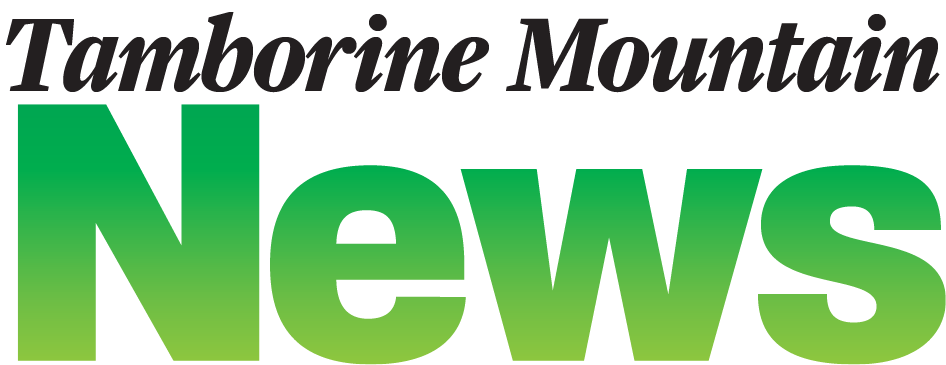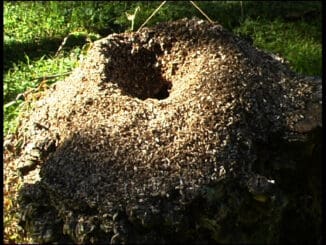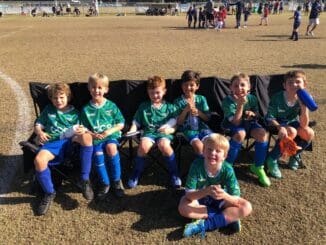
In March 2024 the Victorian government made a dingo protection order in north west Victoria due to scientific information about the local population being in imminent risk of extinction, the dingo is on the red list of threatened species.
It is now outlawed in north west Victoria to bait, trap, shoot or cull dingos or face up to a $20,000 fine.
The new dingo protection laws are hotly debated and people are divided. However, there is a need to advocate legal protection in all of Australia because studies from Queensland University of Technology have found modern dingoes retain much of their ancestral genetic diversity.
The dingo was a huge cultural part of First Nations People for thousands of years before settlers arrived and took control over their land and ways of land management.
Indigenous Australians would often acquire dingo pups and tame them. Those pups were shown great affection, given names and slept with their humans.
Dingoes were kept for camp guards, hunting aids and as living warm blankets. Dingo remains are found buried in the same areas as community members, sometimes they were laying alongside their human.
Can a domesticated dog be accepted by a dingo pack?
The answer is simply no, there are few exceptions such as a single lone male dingo accepting a dog in season.
Wolf and Dingo packs have a social structure and hierarchy, especially within the male ranks.
The dominant female can kill the offspring of other females, yet other members of the pack help to take care of her offspring.
The dominant pair mate for life. They can kill and consume smaller, domestic pet dogs.
Physically, the canine teeth of a dingo are longer than those of a domesticated dog, the other teeth are larger, while the top of the skull is flatter and wide with a long muzzle.
Their sense of sight and hearing is more highly developed or attuned, they are resourceful and intelligent with a strong a territorial attachment. Forming lifelong bonds with one another.
Farmers need to change the way they manage livestock, soil degradation, loss of native crops and dingo attacks.
The training of livestock guardians is worth the time, cost and effort to protect the dingo and livestock.



